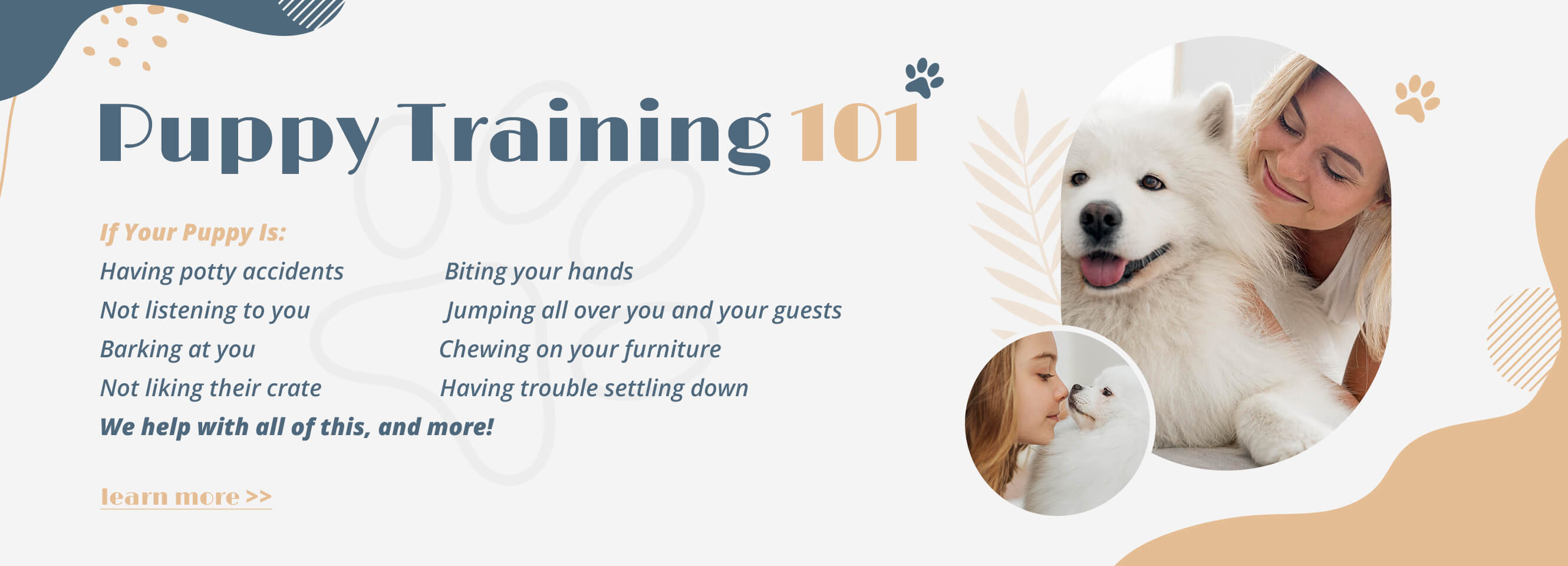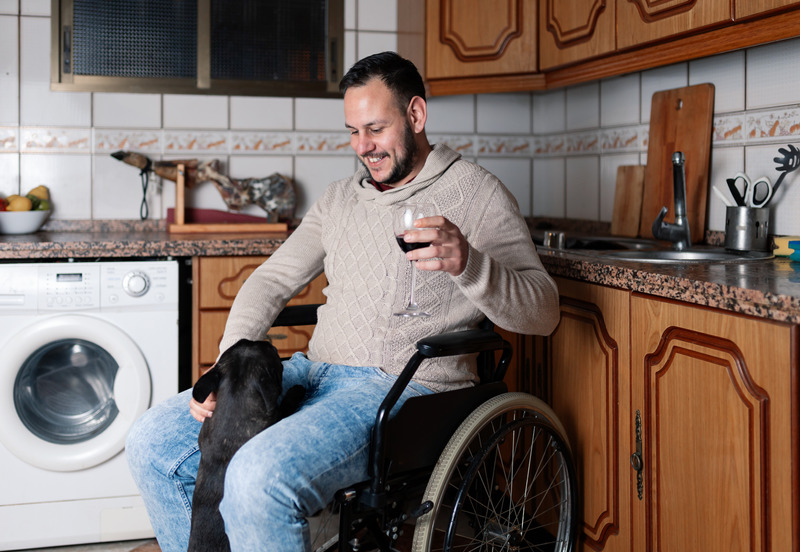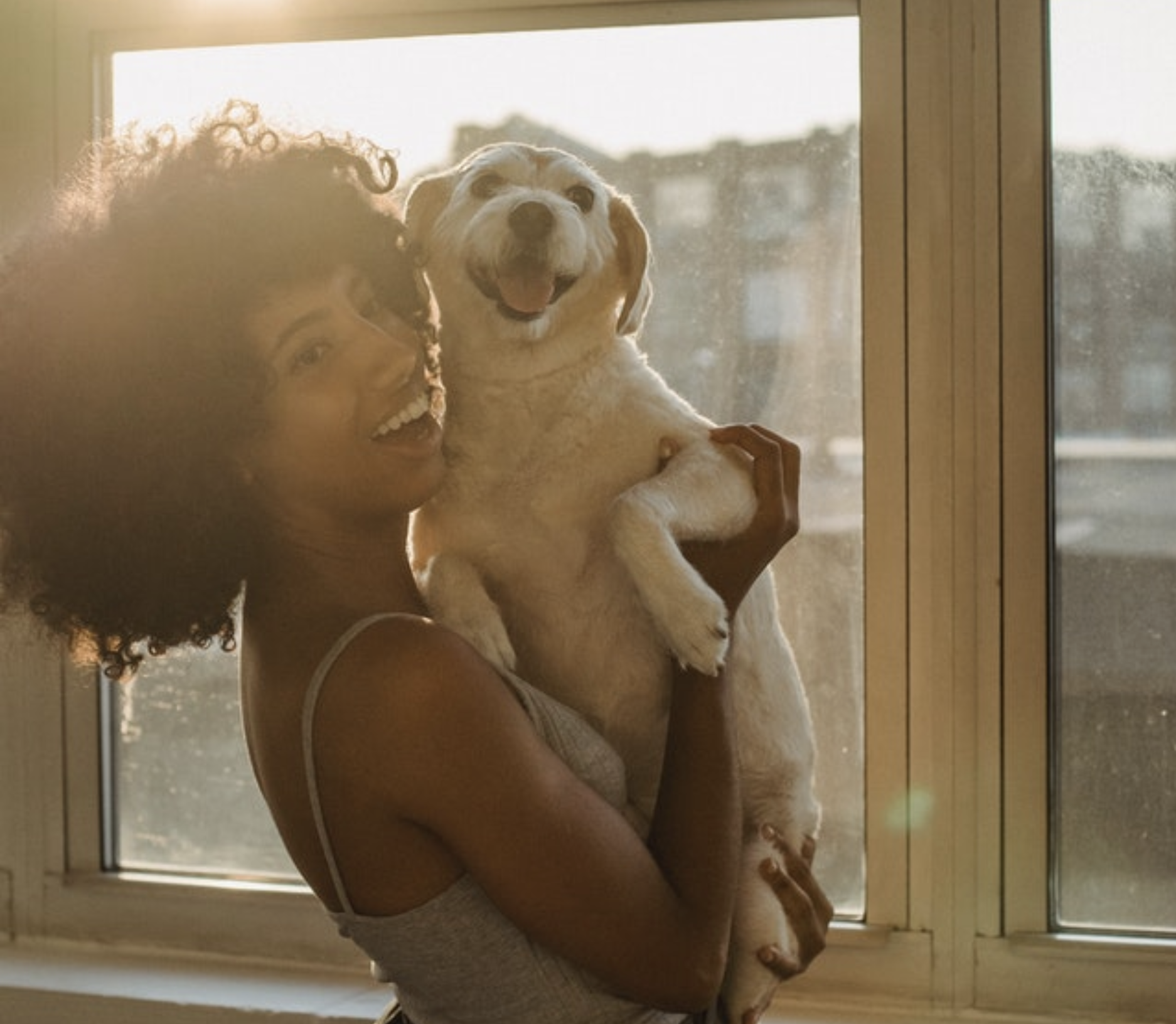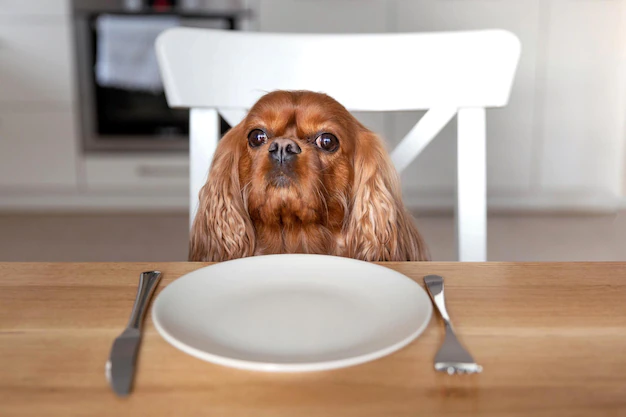
Most dogs are food-driven and when we get a new pup we typically expect him/her to be greedy and eat very energetically. They are pups and need a lot of energy to properly develop after all! It is not considered typical for pups to be picky and refuse to eat. That is why we usually worry when our beloved paw friend gets fussy and refuses to eat.
Why our pups may refuse to eat, should we worry, and what we can do about it, are the main topics we will discuss today.
Causes
Your Pup May Not Like Its Food
Your puppy may not like the flavor, the hardness, or the texture of the food. If your paw friend got used to a certain brand or flavor, he/she may not tolerate food that tastes differently, especially if his/her favorite food has been changed abruptly.
New Food
As mentioned above if you change your pup’s food without any transition, but out of a sudden, he/she may have not adapted yet. Dogs are creatures of habit and sudden changes usually affect their physical and/or emotional state.
Your Pup Is Teething
Just like in human babies the process of teething is related to discomfort and pain, especially during eating. When pups are teething they may start eating slower or refuse to eat even when they are not picky eaters.
You May Overfeed Your Pup
If you tend to give your pup too many treats, especially prior to feeding time, he/she may lose interest in his/her regular food.
Allergies/Sensitivity
Your pup may be allergic or too sensitive to a certain food, which is likely to lead to reluctance to eat.
Stress/Anxiety
There are many factors that can cause stress in your dog such as changes in his/her environment or daily routine such as welcoming a new family member (including a pet), moving to a new home, relocation of a family member...etc. Changes, even when seen as subtle from our perspective, can have a huge impact on your paw friends.
Digestive Issues
It is common for pups to try to eat almost everything they can reach, even when it is not dog-safe or non-edible at all. Digestive problems may also occur due to unhealthy habits that may have been unintentionally encouraged by the owner, i.e. overfeeding the pup with treats before the regular meal. This may cause your pup to refuse to eat his/her regular food. Overfeeding may cause digestive issues or make your pup gain weight. Obesity is a common problem in dogs, who have not been put on a healthy diet.
Organ Dysfunction
Kidney, liver disease, heart disease, hormonal problems... Dysfunction of your pup’s organs may lead to decreased appetite. However, in this case, additional symptoms are usually also present, such as fatigue, vomiting, diarrhea...etc., which will help you recognize the health problem in a timely manner.
Respiratory Issues
Fortunately, respiratory issues usually can be easily treated with proper medication. However, more severe respiratory problems may affect the lungs of your paw friend and lead to many complications. Kennel cough, also known as infectious tracheobronchitis is one of the most common respiratory issues in dogs, that is characterized by coughing. It is highly contagious, so you will need to keep your paw friend away from other animals. Usually, the time of recovery is about 1-3 weeks. Luckily there is a vaccine against this infection.
Parasites
Parasites that are common in dogs are tapeworms, roundworms, hookworms, heartworms, and whipworms. If any parasites are present, they can lead to various health problems, including refusal to eat. Like any other health condition, if your pup has parasites, additional symptoms such as decreased energy level, vomiting, fatigue, and abdominal distension are likely to also be present. Parasite control on a monthly basis will spare you a lot of trouble, especially if your pup spends much time outdoors.
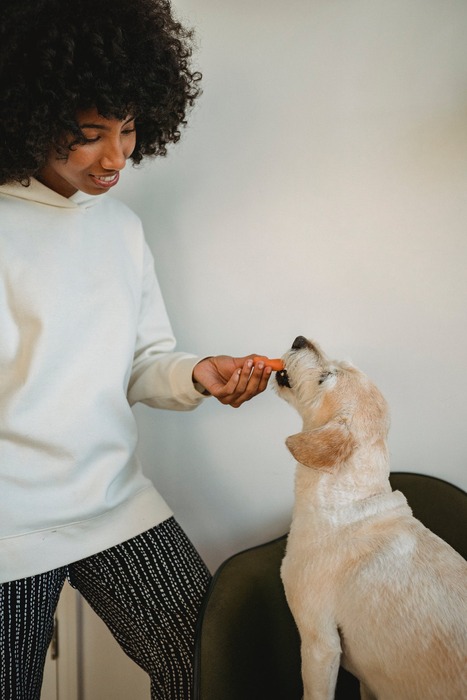
When Should You Consult a Veterinarian?
If your pup has not drank water the whole day or he/she has had diarrhea, lasting longer than 12 hours, your pup is likely to be highly dehydrated. This condition can be life-threatening and requires immediate veterinarian examination.
Fatigue, lethargy, pale-, yellowish- or gray-colored gums are also signs of a medical condition, that requires consultation with a veterinarian. The coloration on the ears and the inside of the eyes are other signs of a health problem.
If you notice blood in your pup’s feces or the substances he/she vomits, you should go to the veterinarian’s office immediately.
Other symptoms that may be signs of an underlying health condition are dizziness, seizures, and general weakness.
If you notice that your pup behaves differently, you may want to check if other dogs he/she has recently met in the park or his/her siblings from the same litter got ill too. It is recommended that your pup interacts with vaccinated and well-behaved dogs.
Solutions
Based on the cause of the decreased appetite, we will provide you with some tips on how to address this.
If your pup just does not like his/her food, you can:
Mix the Food
Do not feed your pup only with dry or wet food. A well-balanced diet is the healthiest option that will provide your pup with all the ingredients his/her body needs. Adding wet food to your pup’s dry food will change its taste and will make it more appealing to your dog. Also, you can cook for your pup and add human food to his/her regular meals. However, you should make sure that you feed your pup only with human food that is safe for dogs such as carrots, chicken, white rice, fish, peanut butter (make sure that it does not contain xylitol)...etc. Do not forget to cook it well. If you are not sure what diet may be the best option for your pup, considering his/her age, breed, and lifestyle, you should consult a veterinarian. As we already have mentioned in several articles you should avoid feeding your pup with low-quality food containing many additives and coloration.
Heat Your Pup’s Food Up
You can warm your pup’s food up if he/she seems to be a picky eater. Adding a bit of hot water (not boiling) to your pup’s dry food will make it more appealing. However, you should remember that dog food should be neither too hot nor too cold.
Make Smooth Transition to New Food
A general rule when it comes to diet change is that you should add 10% new food every day until it becomes 100% of the food content. This is important not only for your pup as he/she will have time to adapt, but also for you as an owner, as you will be able to recognize any allergic reactions to the new food that may occur.
Turn Feeding Time Into Play Time
Puzzle toys that hide treats inside will make the regular feeding time much funnier and more interesting to your pup. He/she will need to use his/her skills to solve puzzles and be agile to get to the food.
Chew Sticks
If your pup is teething, eating time may become unpleasant due to the pain he/she feels and he/she may be reluctant to eat. In order to help your pup deal with this stage of his/her life, you can provide him/her with chew sticks. Make sure that you give your pup only toys safe to chew so that they do not irritate his/her gums even more.
Keep Track of the Number of Treats
Do not give your pup too many treats, especially right before feeding time. Overfeeding your paw friend with treats will not only make his/her regular food look less appealing, but can also cause him/her to gain weight.
Stick to a Schedule
Setting up a routine has a lot of benefits for your paw friend-they will know when the feeding time comes, so they are less likely to misbehave and beg for food. Behaviors such as whining, barking, jumping on you, and chewing may lessen if a routine has been set up.
Address Stress
If you deal with an anxious pup, whose appetite has decreased due to stress, you should determine the stress trigger first.
Dogs need their time to get used to changes in their environment, based on their temperament and personality. If your paw friend has his/her own area at home, where he/she can eat, play, and relax, he/she is more likely to adapt quicker. Having their own spot makes dogs feel safer and more comfortable. Plush toys and warm cuddle items such as towels and blankets, will provide even more comfort to your pup and make him/her feel relaxed.
You can also try gently massaging him/her for a calming effect. Essential oils are known as stress relievers not only for humans but for dogs as well.
If the cause of stress is not related to any changes in the environment, but to a certain trigger such as a place you visit, a person, an object, or an animal, you can either try to avoid this trigger or remove it from the environment. A second option, that will require time and effort but will bring better results in the long term is to train your dog to get used to the trigger and change his/her attitude towards it. Desensitization can be achieved by exposing your pup to the trigger, but keeping it at a really low level, so no reaction will follow. Over time, you can gradually add more stimuli, until your pup starts to tolerate it. Changing your pup’s attitude towards a trigger can be achieved by providing him/her with food (treats) or something he/she puts a high value on while the trigger is present. When he/she starts pairing the trigger with something positive, his/her attitude will change.
Consult a Veterinarian
If you think that your pup may have an underlying health problem, you should supervise him/her for 1-2 days and determine if there are any additional symptoms besides decreased appetite. If your paw friend has diarrhea, vomiting, or coughing, he/she seems dizzy and fatigued, you should arrange an appointment with a veterinarian immediately.
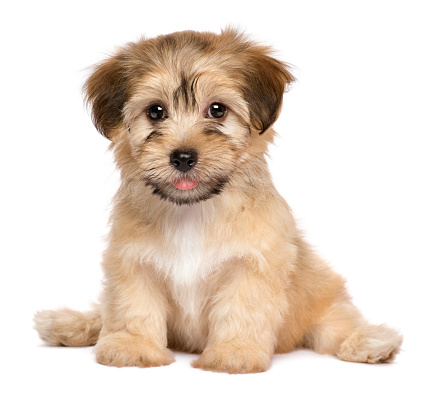
Tips For Puppy Owners
We highly recommend that you keep an eye on your beloved paw friend and make sure that he/she does not eat anything that could upset his/her stomach and lead to additional problems, i.e. trash, non-edible items, feces, food potentially dangerous for dogs.
Deny your pup access to any places where human food that is dangerous for dogs is locked.
It would be helpful to know whether the dogs your pup meets are up-to-date with all vaccinations. There are many health conditions that are highly contagious and can be easily transferred between animals.
Do not neglect regular veterinarian checks and take care of your pup’s vaccinations and parasite control.




